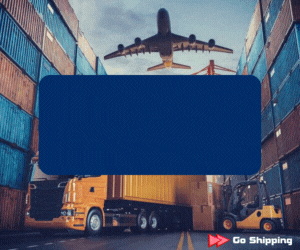Busan Port Authority, SM Line Gyeong-in Terminal and Daewoo Engineering & Construction (Daewoo E&C) have formed a South Korean consortium to negotiate the operating concessions of the container terminal that is part of the first phase of the Iraqi port of Al-Faw, which Daewoo E&C is building.
The first phase will have five container shipping berths that can each accommodate ships of up to 23,000 TEU. When fully completed in 2038, Al-Faw, with 100 boxship berths that can handle 7.5 million TEU annually, would overtake Dubai's 67-berth Jebel Ali as the largest container port in the Middle East. The first phase of the port, expected for completion in 2028, is estimated to have an annual container handling capacity of 4 million TEU.
Busan Port Authority said that it expects the South Korean heavy industries and terminal operating system makers to gain access to the market in Iraq.
Al-Faw is along the Kawr Abdallah Channel in the Faw peninsula, south of Basra, and although the port project was announced in 2010, the subsequent oil shock, political instability in Iraq delayed the project, even as the dredging and breakwater works were completed in 2019. In December 2020, Daewoo E&C was awarded the US$2.7 billion port construction contract.
Concurrently, the Silk Tunnel, the Middle East's largest underwater tunnel, is being built under Khor Al Zubair Channel, forming part of a new highway being constructed to connect Al-Faw to Umm Qasr port and the existing transport network. The tunnel will help Al-Faw to become a gateway to move goods from the Arabian Gulf, South and East Asia to Turkey and on to Europe.
Martina Li
Asia Correspondent







